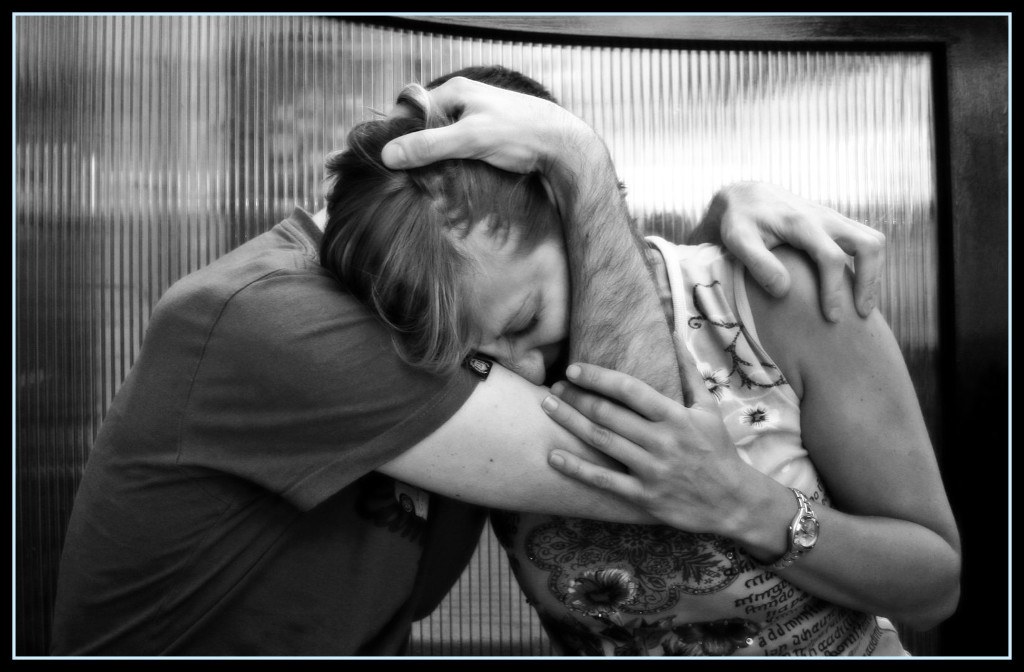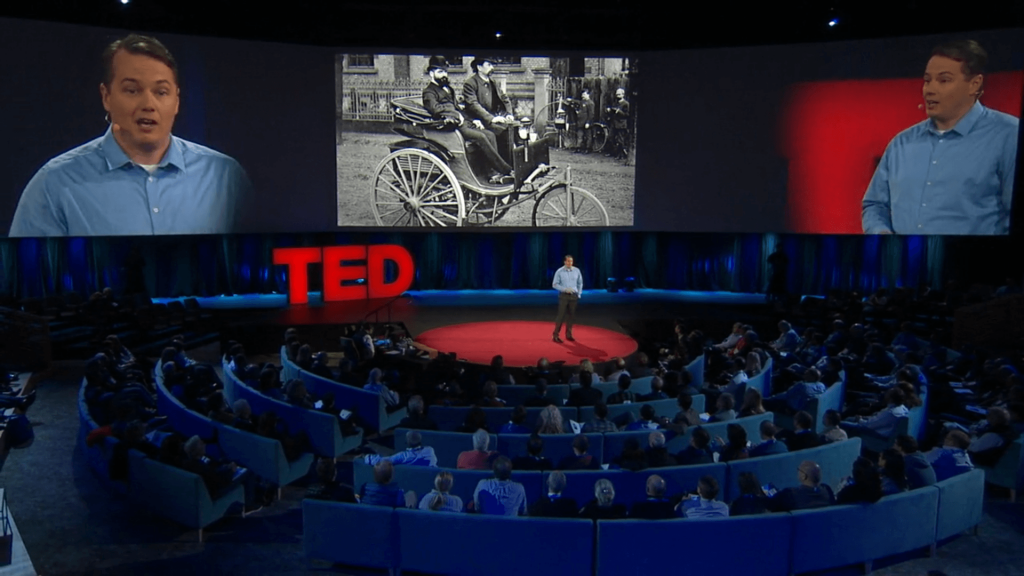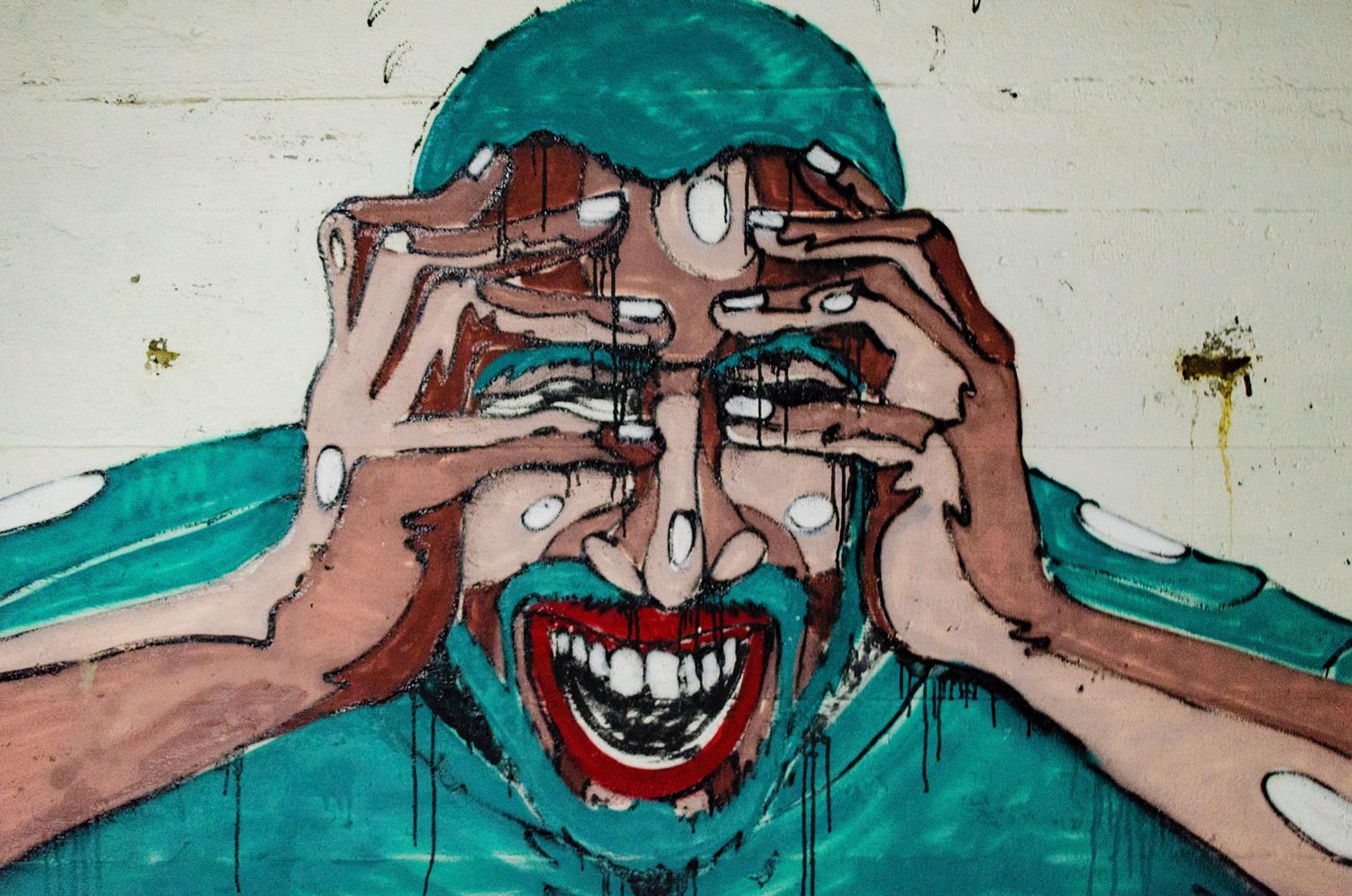TED Talks Lesson Plan: A Radical Experiment in Empathy
Can two countries at war dare to empathize with one another? Step by methodical step, sociologist Sam Richards gives his audience an extraordinary challenge: to allow a group of (mainly) Americans to understand — not approve of, but understand — the motivations of an Iraqi insurgent. A powerful talk.
This lesson is aimed at developing listening comprehension and dialogue that will try to uncover what students think of the lives of other people.
Due to the content of this talk, it is advised that students are high school and above and that their language ability is B1 level and above.
Video time stamp from 00:40 – 03:33
Put the events in the order that he describes them:
- The Americans get angry with all the exploitation and decide to fight against the Chinese.
- China comes to the US seeking coal.
- The Chinese train Americans to protect the coal.
- The Chinese find coal and start shipping it to China and other places.
- The Chinese give away a lot of weapons to the US.
- China becomes really rich while the US becomes really poor.
- The Chinese send their tanks and a war starts with a lot of casualties.
Video timestamp 03:33
Complete the following paragraph using word from the video talk:
For the remainder of the talk, the speaker wants us to put yourselves in the shoes of an ordinary ______________________ living in ____________________. You will be a member of a ___________________ class family in Baghdad. You want your kids to have a ________________ life. You watch the ____________________, read the _________________ from around the world. And you realize that the only reason anyone is interested in your land is ___________________.
Video time stamp 05:16
As a person from Iraq, how do you see Americans?
And what do you see around you?
Video time stamp 05:58
Complete the following paragraph using a preposition:
Something else you see that you talk ______ — Americans don’t talk _________ this, but you do. There’s this thing, this militarization of the world, and it’s centered right _____ the United States. And the United States is responsible ________ almost one half of the world’s military spending — four percent _____ the world’s population. And you feel it; you see it every day. It’s part ______ your life. And you talk _____it with your friends. You read about it. And back when Saddam Hussein was _____ power, the Americans didn’t care _______ his crimes. When he was gassing the Kurds and gassing Iran, they didn’t care ________ it. When oil was at stake, somehow, suddenly, things mattered. And what you see, something else, the United States, the hub of democracy around the world, they don’t seem to really be supporting democratic countries all around the world. There are a lot of countries, oil-producing countries, that aren’t very democratic, but supported ______ the United States. That’s odd.
Video timestamp 08:07
Are the following statements true or false?
1. People in Iraq see all Americans as Christians.
2. American soldiers only do bad things, in the opinion of a person living in Iraq.
3. An American guy has said that Islam is a bad religion and should be banned.
4. All Americans know about what this guy has been saying about Islam.
5. Muslim people feel frightened of Christians.
Video timestamp 10:14
1. What does Terry Jones want to do?
2. Do Americans take him seriously? Do Iraqi people?
3. What is a Bible Boot Camp?
4. Is this a large organization in the US?
5. How do Iraqis feel about that?
Video timestamp 11:40 to 12:25
Watch and summarise using your own words.
Video timestamp 12:37
What does the photo he shows represent?
Video timestamp 13:09
What are we supposed to imagine?
Video timestamp from 14:16
Complete the following text with a suitable word.
Okay, now follow me on this, because I’m ___________ a big risk here. And so I’m going to invite you ______ take a risk with me. These gentlemen here, they’re insurgents. They __________ caught by the American soldiers, trying to kill Americans. And maybe they succeeded. Maybe they succeeded. Put yourself in the shoes of the Americans ___________ caught them. Can you feel the rage? Can you feel that you just want to take these guys and wring their necks? Can you go there? It shouldn’t be that difficult. You just — oh, man. Now, put yourself in their shoes. Are they brutal killers or patriotic defenders? Which one? Can you feel their anger, their fear, their rage at what _________ happened in their country? Can you imagine that maybe one of __________ in the morning bent down to their child and hugged their child and said, “Dear, I’ll _________ back later. I’m going out to defend your freedom, your lives. I’m going out to look out for us, the future of _________ country.” Can you imagine that? Can you imagine saying that? Can you go there? What do you think they’re feeling? You see, that’s empathy. It’s also understanding. Now, you might ask, “Okay, Sam, so why do you do this sort _____ thing? Why would you use this example of all examples?” And I say, because … because. You’re allowed to hate these people. You’re allowed to just hate them with every fiber of your being. And if I can get you to step ___________ their shoes and walk an inch, one tiny inch, then imagine the kind of sociological analysis that you ___________ do in all other aspects of your life. You can walk a mile when it comes to understanding why that person’s driving 40 miles per hour in the passing lane, or your teenage son, or your neighbor______________ annoys you by cutting his lawn on Sunday mornings. Whatever it is, you can go so far. And this is what I tell my students: step outside of your tiny, little world. Step inside of the tiny, little world of _________________ else. And then do it again and do it again and do it again. And suddenly all these tiny, little worlds, they come together in this complex web. And they build a big, complex world. And suddenly, without realizing it, you’re seeing the world differently. Everything ___________ changed. Everything in your life has changed. And that’s, of course, what this is about. Attend to other lives, other visions. Listen _______ other people, enlighten ourselves. I’m not saying that I support the terrorists in Iraq, but __________ a sociologist, what I am saying is I understand. And now perhaps — perhaps — you do too.
Conclusion
Hope you like this lesson and do let me know in the comments section how it goes.







